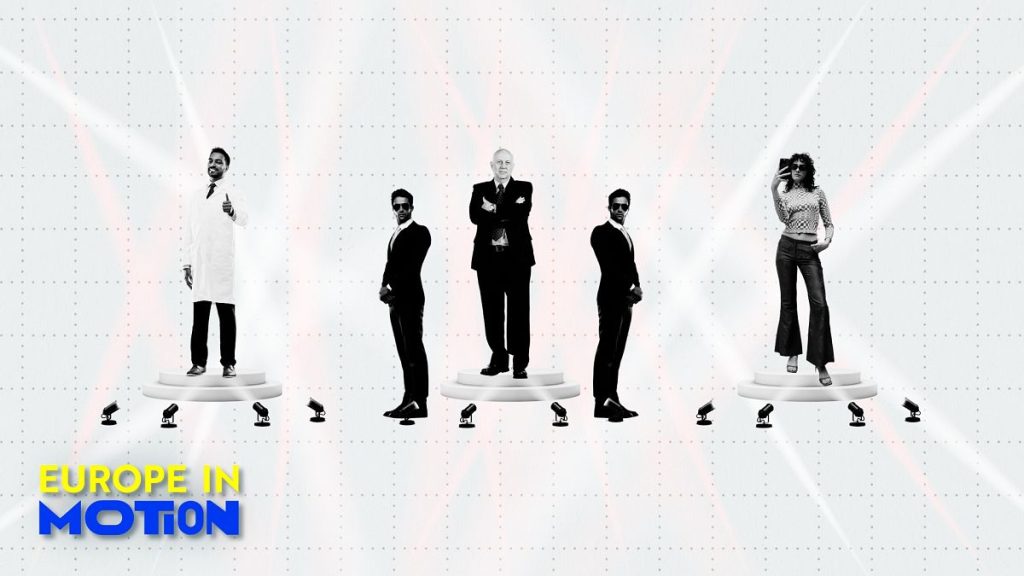The Landscape of Trust in Europe: A Generational Divide
Public trust in various professions fluctuates considerably across Europe, revealing a complex interplay of factors such as age, historical context, and the evolving media landscape. Doctors and scientists consistently rank as the most trusted professions, underscoring the enduring respect for expertise and knowledge, particularly in fields directly related to health and well-being. This high level of trust is evident across numerous European Union countries, with the Netherlands, France, and Spain leading the way in their faith in the medical profession. The scientific community also enjoys significant public confidence, reflecting the growing recognition of the importance of scientific research and its contribution to societal progress. The strong trust in these professions likely stems from their perceived dedication to objective truth and their focus on serving the public good.
In stark contrast to the high trust afforded to doctors and scientists, politicians and government ministers consistently rank among the least trusted professions. This widespread skepticism towards the political class is a pervasive issue across European societies, reflecting a growing disillusionment with traditional political structures and processes. Countries like Poland, Spain, Italy, Hungary, and Romania exhibit particularly low levels of trust in politicians, indicating a deep-seated cynicism towards the political elite. While there has been a slight uptick in trust towards politicians since 2018, the overall trend remains negative, suggesting a continued erosion of public confidence in political leadership. This distrust likely stems from a variety of factors, including perceived corruption, broken promises, and a general sense of disconnect between the political class and the concerns of everyday citizens.
Adding to the complexity of the trust landscape is the emergence of social media influencers as a significant force in contemporary society. While traditional professions like doctors, scientists, and teachers rely on established credentials and professional codes of conduct, influencers operate within a relatively unregulated digital space, often blurring the lines between personal opinion and factual information. This ambiguity contributes to lower levels of trust, particularly amongst older generations who may be less familiar with the dynamics of social media. In contrast, younger generations, especially Gen Z and millennials, demonstrate a higher degree of trust in influencers, reflecting the growing influence of social media platforms on their worldview and consumption habits.
The generational divide in trust becomes even more apparent when considering professions like the police. Baby boomers, who came of age during a period of relative social stability and established hierarchies, tend to exhibit higher levels of trust in authority figures like police officers. Millennials and Gen Z, on the other hand, have grown up in a more complex and rapidly changing world, often marked by social unrest and skepticism towards established institutions. This difference in perspective contributes to a lower level of trust in law enforcement among younger generations, reflecting a broader shift in societal values and attitudes towards authority.
The rise of social media platforms like TikTok and Instagram has further shaped the generational divide in trust. These platforms have become the primary arena for influencer marketing, creating a new ecosystem of information dissemination that often bypasses traditional media outlets. As Gen Z and millennials increasingly rely on these platforms for news and information, their trust in influencers has grown, while their trust in traditional institutions, including the media, may be waning. This shift highlights the evolving relationship between technology, information consumption, and public trust in the digital age.
The differing levels of trust across generations are not merely a matter of individual preferences but reflect deeper societal shifts. Baby boomers, shaped by the post-war era and the expansion of television, tend to place greater trust in established institutions and hierarchical structures. Millennials and Gen Z, growing up in the digital age, are more likely to question traditional authority and embrace alternative sources of information, including social media influencers. This generational divide in trust underscores the complex and evolving relationship between technology, information, and the formation of public opinion in the 21st century. Understanding these generational differences is crucial for navigating the challenges and opportunities of an increasingly interconnected and rapidly changing world. As technology continues to reshape the media landscape and redefine the ways in which information is consumed and disseminated, the dynamics of trust are likely to evolve even further, necessitating ongoing research and analysis to fully comprehend the implications for society as a whole.

